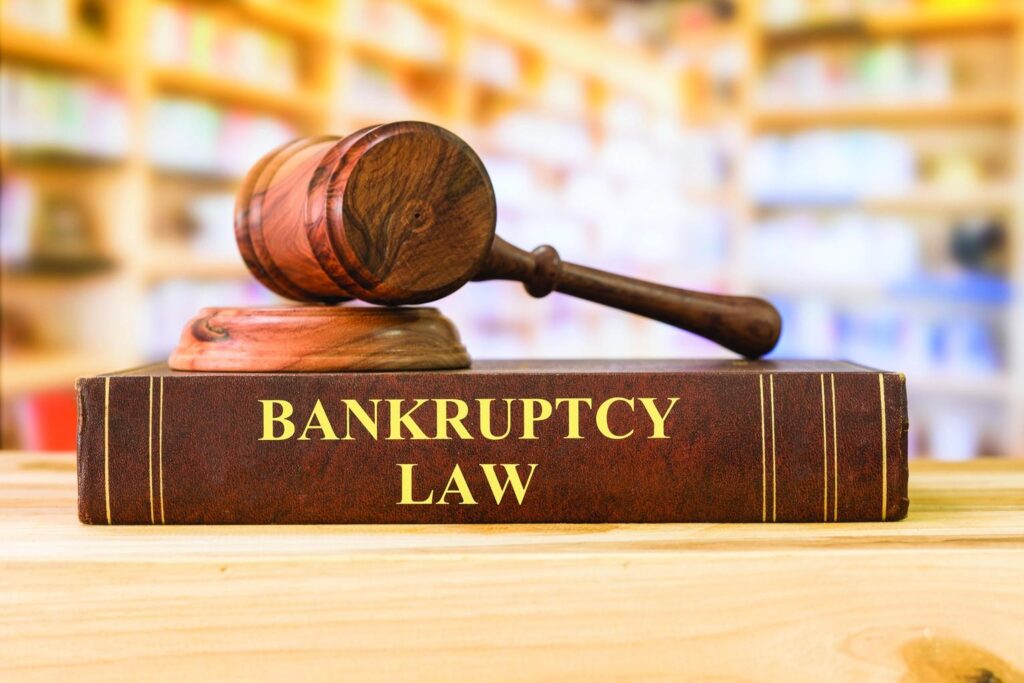Bankruptcy laws are designed to help individuals and businesses overcome severe financial difficulties while ensuring fair treatment to creditors. In Alabama, as in other states, federal laws primarily govern the process of filing for bankruptcy, though local rules also play a significant role. This article provides an overview of Alabama bankruptcy laws, discussing different types of bankruptcy filings, eligibility requirements, and potential impacts on debtors.
Types of Bankruptcy in Alabama
In Alabama, individuals and businesses generally have three main types of bankruptcy filings available:
Chapter 7 (Liquidation Bankruptcy): This is the most common form of bankruptcy for individuals. It involves liquidating the debtor’s non-exempt assets to pay off creditors. Chapter 7 is suitable for those with limited income who cannot pay back their unsecured debts, such as credit card bills and medical expenses. Alabama has specific exemptions that protect certain assets from being sold off, including personal property, homestead, tools of trade, and more.
Chapter 13 (Wage Earner’s Plan): Unlike Chapter 7, Chapter 13 allows debtors to keep their assets while restructuring debts under a court-approved repayment plan. This type of bankruptcy is ideal for individuals with a regular income who can pay back their debts over a three to five-year period. It’s particularly useful for stopping foreclosures and allows debtors to make up overdue payments over time.
Chapter 11 (Reorganization): Primarily used by businesses, but also available to individuals, this bankruptcy type enables reorganization of debts. Companies can remain operational while they restructure their financial obligations under court supervision. This can include renegotiating terms with creditors and selling parts of the business to pay debts.
Eligibility Requirements
To file for bankruptcy in Alabama, there are several eligibility requirements:
Residency: You must have lived in Alabama for at least 91 days before filing the bankruptcy petition.
Credit Counseling: Prior to filing, debtors are required to complete credit counseling with an agency approved by the U.S. Trustee in Alabama.
Means Test: For Chapter 7 filings, the debtor must pass a means test, which compares their income to the median income in Alabama. If the income is too high, they may need to file under Chapter 13 instead.
Filing Process
The process of filing for bankruptcy in Alabama starts with submitting a petition to the local bankruptcy court. This petition should include:
Detailed lists of assets and liabilities
A schedule of current income and expenditures
A statement of financial affairs
Debtors must also pay a filing fee, or they can apply for a waiver if they meet certain income criteria. Once filed, the court appoints a bankruptcy trustee who oversees the case, arranges a meeting with creditors, and handles the liquidation of assets under Chapter 7 or the repayment plan under Chapter 13.
Impact of Bankruptcy
Filing for bankruptcy can offer a fresh start by discharging debts, but it also comes with significant consequences:
Credit Score: Bankruptcy can severely impact your credit score and remain on your credit report for up to 10 years.
Public Record: Bankruptcy filings are public, which can affect future borrowing and employment opportunities.
Property and Assets: While many personal assets can be exempted, losing valuable non-exempt property is a possibility.
Alabama’s bankruptcy laws offer a pathway to financial recovery, but the decision to file should not be taken lightly. It’s advisable for individuals and businesses to consult with a qualified bankruptcy attorney to explore all options and understand the full implications of filing. Understanding and navigating through the complexities of bankruptcy laws can significantly affect the outcome and long-term financial health of debtors.
Practical Considerations Before Filing for Bankruptcy in Alabama
Before proceeding with a bankruptcy filing in Alabama, there are several practical considerations to keep in mind. These can significantly influence the process and outcome:
Choosing the Right Chapter: It’s crucial to choose the type of bankruptcy that best fits your situation. While Chapter 7 may quickly discharge unsecured debts, it may not be suitable if you have significant assets you wish to retain. Chapter 13, on the other hand, might be a better option if you’re trying to protect a home from foreclosure or manage secured debts more effectively.
Impact on Employment and Housing: Some potential employers or landlords may view a bankruptcy on your record negatively. Certain jobs, particularly in the finance sector, may be harder to obtain if you have a bankruptcy filing on your record. Moreover, renting might become more challenging, as some landlords conduct credit checks before approving new tenants.
Non-dischargeable Debts: Not all debts can be discharged through bankruptcy. For instance, alimony, child support, certain tax debts, and student loans typically cannot be eliminated. Understanding which debts will remain post-bankruptcy is essential for effective financial planning.
Legal and Filing Costs: While filing for bankruptcy might seem like a way to alleviate financial stress, the process itself incurs costs, including legal fees, filing fees, and other related expenses. These costs can add up, especially if your case is complex or extends over a long period.
Long-term Financial Planning: Post-bankruptcy, it’s important to adopt sound financial practices to avoid falling back into debt. This includes budgeting, saving, rebuilding credit responsibly, and understanding financial management basics.
Mental and Emotional Considerations: Filing for bankruptcy is not just a financial decision but also an emotional one. It can bring a sense of relief from debt but might also carry stigma and stress. Support from family, friends, or professional counselors can be invaluable during this period.
Finding Legal Assistance in Alabama
To navigate Alabama’s bankruptcy laws effectively, consulting with a skilled bankruptcy attorney is advisable. Legal professionals can provide:
Guidance on the appropriate chapter of bankruptcy to file
Assistance in completing and filing all necessary paperwork
Representation at meetings with creditors and in court
Advice on legal rights and protections throughout the bankruptcy process
Many attorneys offer a free initial consultation, which can be a useful starting point for understanding your options and preparing for what lies ahead.
Bankruptcy in Alabama is a tool that can provide individuals and businesses with a way to reset their financial situation, but it requires careful consideration and planning. Understanding the intricacies of bankruptcy laws, the implications of filing, and the long-term impacts are essential. With the right preparation and support, those facing overwhelming debt can find a path to financial stability and regain control of their economic future.






